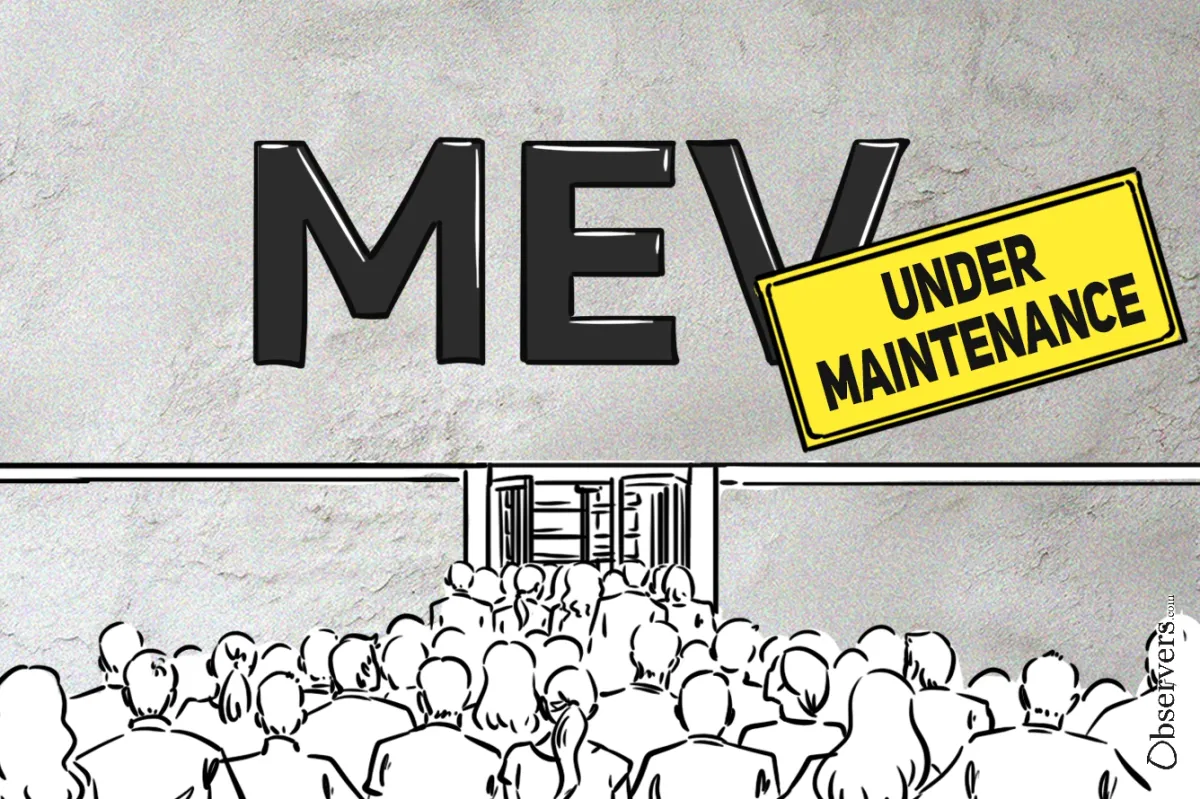
Researchers at Paradigm have introduced a new method that allows dApp developers on Layer 2 networks to capture Maximal Extractable Value (MEV) profits.
In Ethereum, the early transaction spots in a block can be highly lucrative, sparking intense competition among participants for these positions. For example, if traders or bots notice price differences for the same asset across various decentralized exchanges, they can use MEV tactics to profit from these discrepancies.
Typically, they employ MEV-Boost middleware, a tool that connects bots with validators, manages incoming transactions, assembles blocks, and submits them to validators. For inserting their transactions earlier in the block, traders or bots pay extra fees to validators.
Right now, over 90% of validators use the MEV-Boost middleware, earning millions in additional profits each month. However, Paradigm’s new mechanism aims to reroute this additional MEV income from validators to the actual developers of dApps. It is crucial to mention that this approach would only work on Layer 2 networks that use a single sequencer and have no validators.
Layer 2 networks are different as they don’t use multiple validators. Instead, they have one powerful server called a sequencer that groups transactions together and sends them to Ethereum. These networks don’t use MEV-Boost middleware, and their transaction ordering is simpler, usually based on who pays a higher fee.
This new tool could immediately be used on Layer 2 networks like OP Stack L2s, including OP Mainnet, Base, and Blast, where block proposers use a system known as competitive priority ordering. According to Paradigm, dApp developers can adjust their code to identify and tax all MEV transactions that interact with their dApps, creating a new earning opportunity for themselves instead of the sequencer operators.
MEV is often considered controversial in the crypto world. Some see it as a type of market manipulation. The European Securities and Markets Authority (ESMA) has recently targeted MEV under its proposed Markets in Crypto-Assets (MiCA) regulation, labeling it as clear market abuse. If this law is passed, using MEV to generate profits could become illegal, especially affecting teams in Europe.
Despite these regulatory challenges, Paradigm’s idea offers a new way to look at MEV, showing how it can benefit dApp developers instead of just sequencer operators. It will be interesting to see how dApps might use this new mechanism to boost their earnings in the near future. We will continue to Observe.

